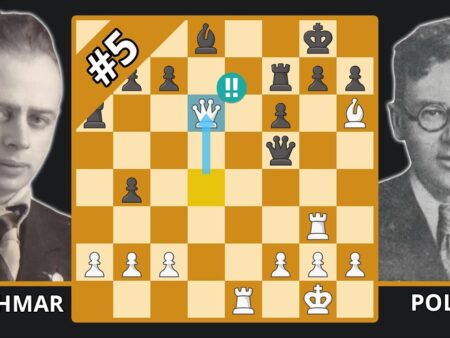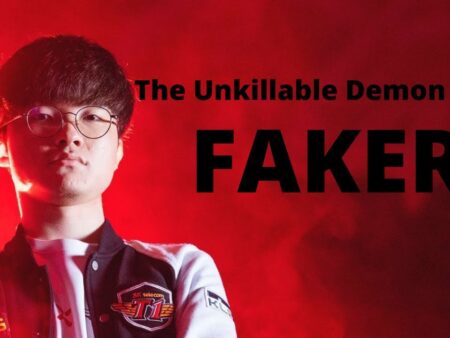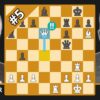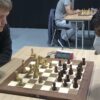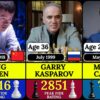Anticipation levels were understandably high for a fixture pitting the last two UEFA Champions League victors against each other. The stage was set with all the predictable fanfare – a buzzing crowd, pyrotechnics galore – a spectacle designed to underscore the prestige. Yet, the reality on the pitch quickly rendered the pre-match hype obsolete. Paris Saint-Germain delivered a resounding 4-0 victory over Real Madrid in the Club World Cup semifinals, a result notable not just for its margin, but for what it exposed about the state of the venerable Spanish club.
PSG`s dominance was immediate and absolute. Goals in the sixth, ninth, and twenty-fourth minutes effectively ended the contest before the first half was even complete. While the speed of PSG`s dismantling of their opponent held a certain shock value initially, the lopsided scoreline felt less surprising as the match wore on. PSG, under Luis Enrique, has cultivated a reputation for overwhelming opponents through systemic efficiency, a stark contrast to the visibly unsettled state of Real Madrid. This match served as brutal confirmation that the two clubs currently operate from “two very different situations,” as noted by Enrique beforehand. Against PSG`s cohesive, potent unit, an “obviously imperfect” Real Madrid, frankly, appeared to stand little chance.
Despite the presence of new figures, including manager Xabi Alonso and promising young player Gonzalo Garcia, the underlying issues plaguing Los Blancos persist. PSG exemplifies consistency, dispatching formidable opponents and lesser lights with equal clinical efficiency. Real Madrid, conversely, continues to exude a profound sense of imbalance. This lack of stability has been a recurring theme, contributing significantly to their first trophyless season in four years and making their structural problems increasingly difficult to overlook.
While PSG successfully transitioned away from a strictly star-dependent model towards a more integrated team strategy, Real Madrid appears, at times, tethered to the realities of a squad built with perhaps too much individual excess and insufficient collective cohesion. The match offered an early glimpse of Alonso`s attempt to integrate attacking talents like Garcia, Vinicius Junior, and Kylian Mbappe. The collective output was, to put it mildly, underwhelming – minimal shots and a combined expected goals tally that underlined their inability to genuinely threaten PSG`s defence. This attacking impotence was symptomatic of Madrid being distinctly second-best throughout the game, reflected in their low possession figure and overall offensive output.
This performance is not necessarily a blanket indictment of individual player quality or even a definitive judgment on Alonso`s nascent tenure. Finding the right balance among such high-profile attacking talents is a complex task, particularly in their first collective start. However, the 4-0 defeat served as a stark, undeniable reminder that the need for balance extends far beyond the forward line. Significant work is evidently required across virtually every area of the pitch.
Defensive vulnerabilities were particularly glaring. The absence of a player like Trent Alexander-Arnold due to injury forced positional adjustments, highlighting a lack of natural depth or perhaps strategic flexibility in key areas. Federico Valverde, while versatile, filling in at right-back is clearly not leveraging his primary strengths. More troubling, however, was the visibly poor performance of the central defenders, who were repeatedly outmaneuvered and appeared frazzled under pressure, arguably bearing more responsibility for the defensive collapse than the much-discussed attacking trio.
The match also marked a poignant, yet inadequate, sendoff for Luka Modric, who made a brief appearance in what was his final game for the club. While moving on from a generational talent nearing 40 is a rational decision, his inability to influence a game already effectively lost at 3-0 underscored the depth of the team`s struggles. Modric`s departure signals more than just the end of an individual era; it crystallizes the urgent need for a fundamental `new project` to take shape at Real Madrid.
With a new manager at the helm, the timing for a significant refresh appears opportune. The arrival of a player like Kylian Mbappe was anticipated to elevate the team to new peaks, yet this result emphasizes that individual brilliance alone is insufficient. The question of how much strategic recalibration and squad work can be achieved before the La Liga season commences looms large, particularly after an eleven-month, non-stop campaign requiring a necessary period of rest for the players. While the concept of a `rebuild` might sound uncomfortable for Europe`s most historically successful club, thirteen months without a major trophy combined with performances like this suggest it`s not merely an option, but an increasingly unavoidable necessity – whether the club embraces the terminology or not.
